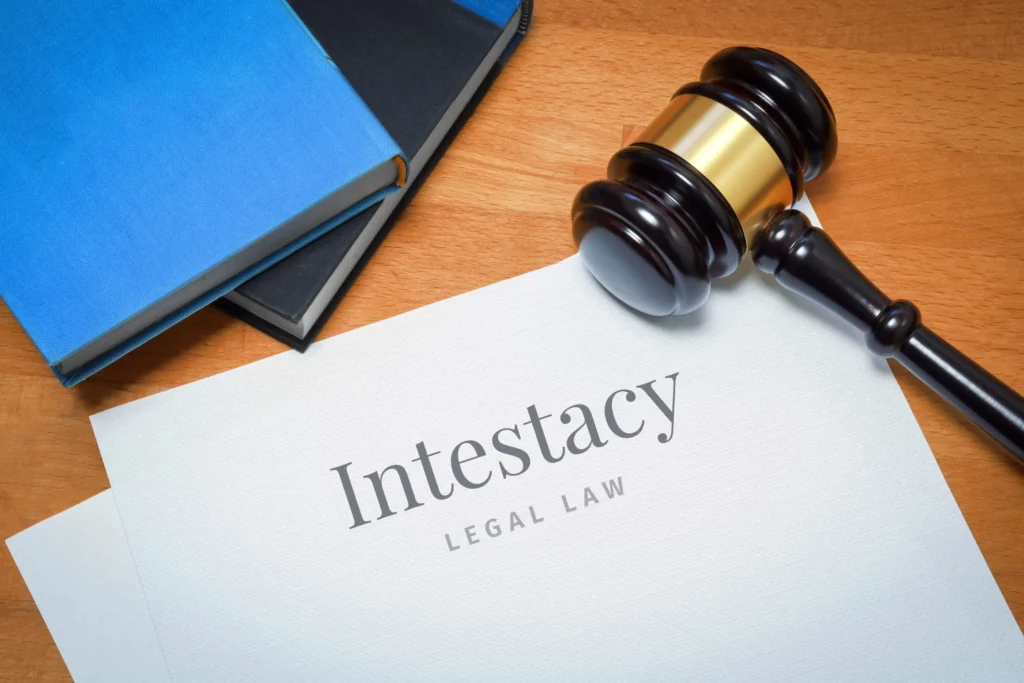Understanding the Probate Process in Texas
The probate process in Texas is a legal procedure that validates a deceased person's will and oversees the distribution of their estate. This process typically involves filing the will with the probate court, notifying beneficiaries, and settling any debts or taxes owed by the estate before distribution can occur.
In Texas, the probate process can vary in duration and complexity depending on the size of the estate and whether the will is contested. For example, a straightforward estate may be settled in a few months, while more complex cases can take years to resolve, especially if disputes arise among heirs or creditors.
Common Probate Misconceptions in Texas
Many individuals have misconceptions about probate, including the belief that all estates must go through probate or that it is an entirely public process. In reality, not all estates require probate, especially if they fall under certain thresholds or utilize tools like living trusts to avoid the process.
Additionally, while probate proceedings are generally public, some aspects can remain confidential, such as the details of certain assets or specific beneficiary information. Understanding these nuances can help individuals better prepare for estate planning and the potential probate process.
Probate Alternatives: What Are Your Options?
For those looking to avoid the lengthy probate process, several alternatives are available. These include establishing a living trust, joint ownership of property, and utilizing payable-on-death accounts, all of which can facilitate the transfer of assets without going through probate.
Each alternative has its own set of advantages and limitations. For instance, a living trust can provide greater control over asset distribution while also avoiding probate, but it requires more upfront planning and management. Understanding these alternatives can help individuals make informed decisions about their estate planning strategies.
The Role of an Executor in Texas Probate
The executor plays a crucial role in the Texas probate process, responsible for managing the estate, settling debts, and distributing assets according to the will. This position requires a trustworthy individual who can navigate legal obligations and handle financial matters efficiently.
In Texas, the executor must file the will with the probate court, notify beneficiaries, and ensure that all estate taxes and debts are paid before distribution. This can involve significant time and effort, making it essential for individuals to choose an executor who is not only reliable but also capable of managing the complexities of probate law.







